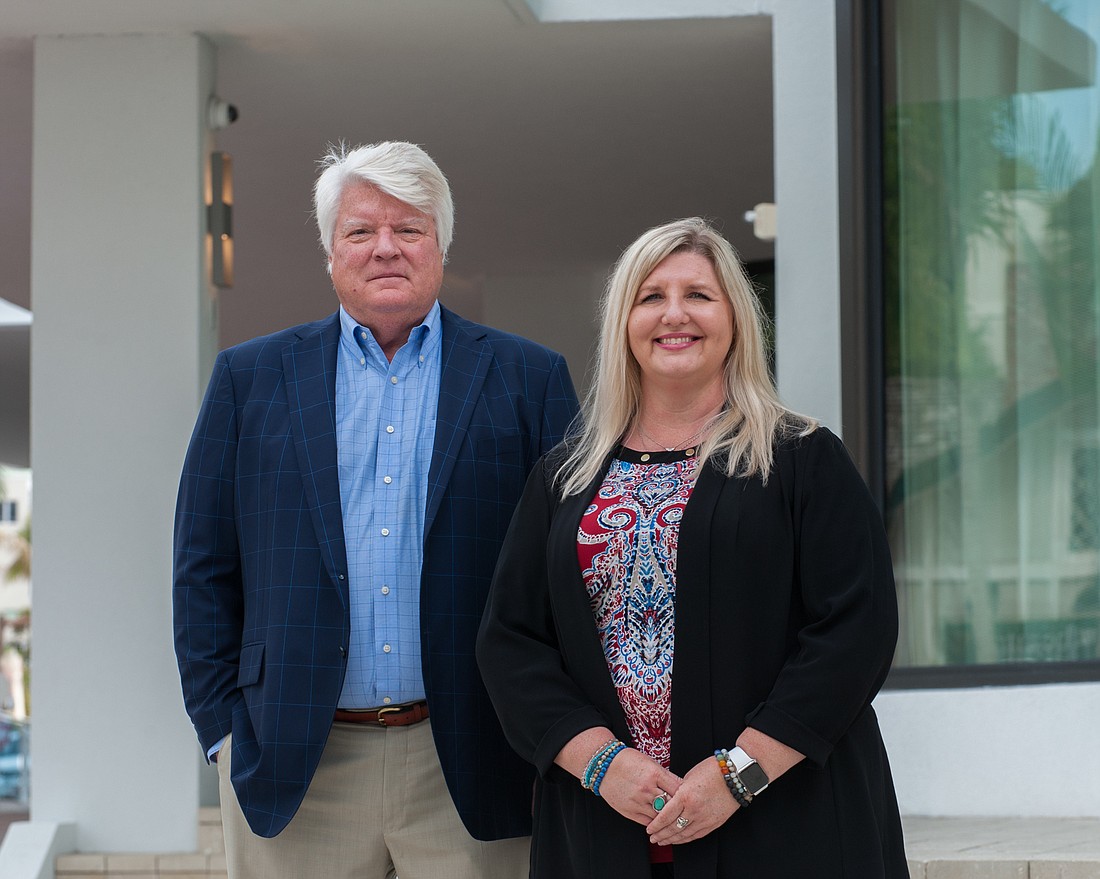- December 15, 2025
-
-
Loading

Loading

John Blatt and his family came into some money when they sold ISI Robotics, their Detroit machine company that had produced America’s first unmanned factory, in 1996.
They couldn’t shake their enduring skepticism of the stock market, though.